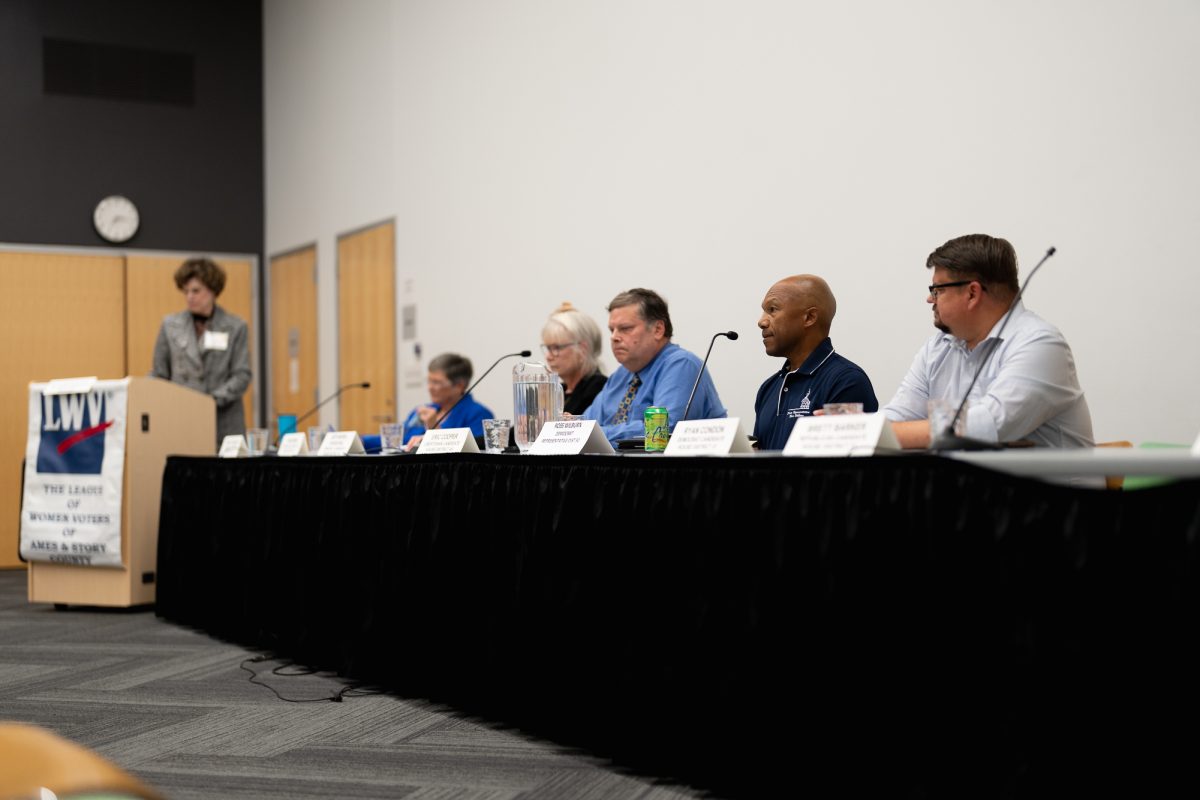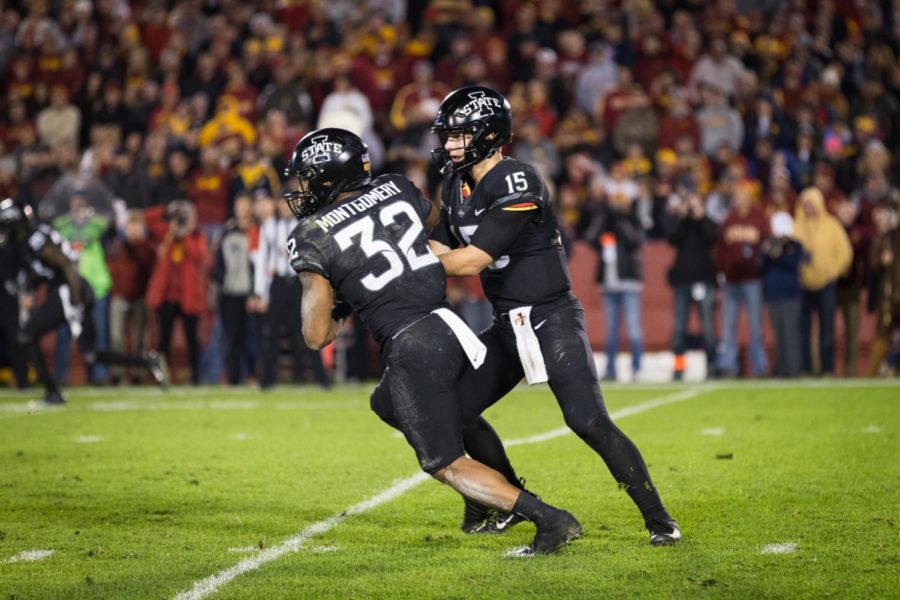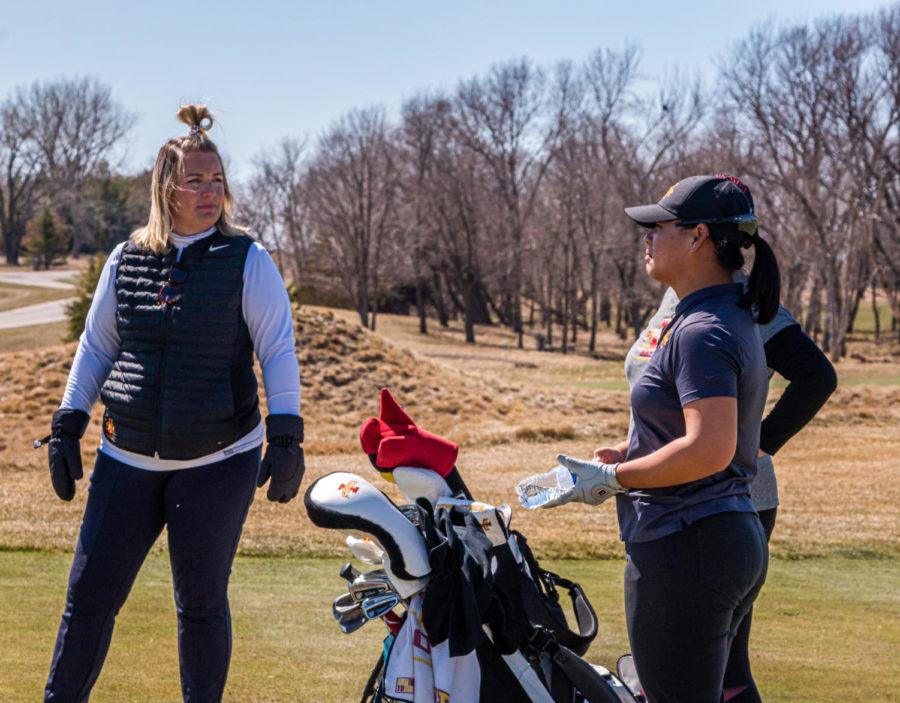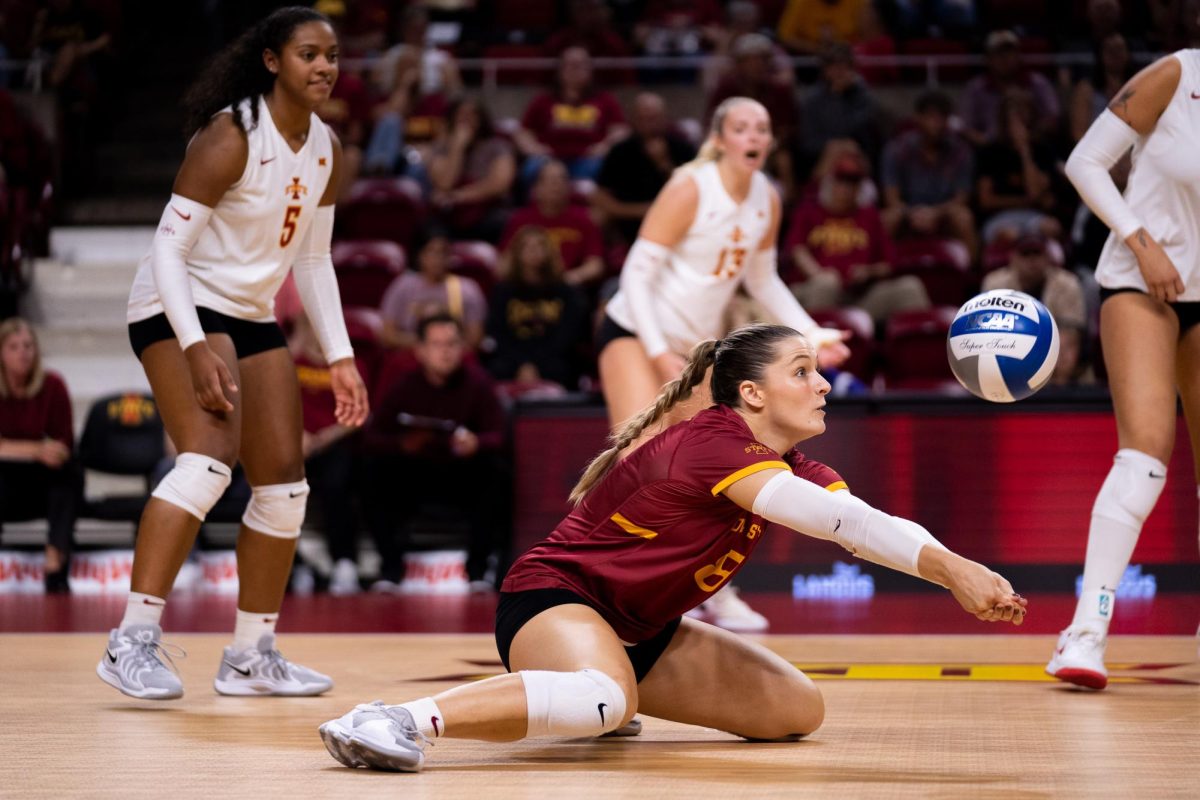Red Raiders: a case study in inconsistency
November 5, 1999
Texas Tech head coach Spike Dyke’s 14th season in Lubbock, Tex. has been a frustrating and enigmatic one thus far.
A season-opening trouncing at Arizona State, 31-13, was made infinitely worse by a season-ending knee injury to Heisman Trophy candidate Ricky Williams.
Subsequent weeks have seen the Red Raiders squeak by hated rival Texas A&M, 21-19 and pummel traditional powerhouse Colorado 31-10. They’ve also lost at home to lowly North Texas State, and were humbled last week by Missouri, 34-7.
“We ran into a buzzsaw last week in Columbia,” Dykes said. “We could never make a play. At every key point we just couldn’t quite get it done.”
Last week’s performance, along with the previous week’s drubbing of Baylor, typifies Texas Tech’s manic 1999 campaign, where one week brings incredible highs, and the next may bring depressing lows.
“It’s baffling,” Dykes said, bemoaning his team’s on-again, off-again play. “It absolutely drives you crazy.”
More than a little mad themselves, the Iowa State Cyclones hope to strait-jacket the Red Raider running attack and earn a desperately needed victory on Tech’s home turf Saturday at 2 p.m. CST.
Since the early season loss to North Texas, the Red Raiders have proved tough at home, winning the aforementioned contests with Texas A & M and Colorado in Lubbock.
Both Texas Tech (4-4, 3-2 Big 12) and Iowa State (4-4, 1-4 Big 12) are struggling to remain bowl-eligible and hold out aspirations for winning seasons.
Dykes and Iowa State head coach Dan McCarney each see their team’s seasons as salvageable—if they can discover a good rhythm and avoid costly breakdowns.
“It’s devastating anytime you lose,” Dykes said. “The thing you’d better do is regroup as quickly as possible.”
While Texas Tech seeks to re-energize after a lopsided defeat, ISU hopes to recover from another close loss to a ranked team.
“It’s tough [losing close games to top programs],” McCarney said. “But we’ve got some opportunities here—even at .500—to do some things this team hasn’t done in a long time. We’re not that far away.”
Texas Tech’s leading offensive threat is true freshman tailback Shaud Williams, who has averaged 5.9 yards a carry and scored five touchdowns since emerging as Ricky Williams’ replacement. His best game was against Colorado, where he rushed for 230 yards on 21 carries.
Senior quarterback Rob Peters is an adequate play-caller, completing 49 percent of his passes for seven touchdowns and nine interceptions.
Peters spreads the passing game among many receivers, but his favorite targets are junior Tim Baker, who has 19 catches for a 16.4 yd. per catch average, and sophomore Darrell Jones, who has 14 receptions and three touchdowns.
The Red Raider defense is most effective against the pass, and is ranked 31st nationally. Tech has been vulnerable up front, ranking a middling 64th against the rush (149.4 yards per game).
Sophomore free safety Kevin Curtis is the team’s leading tackler with 105 stops, two interceptions and one 86-yd. fumble return for a touchdown.
Dykes, like many Big 12 coaches, is concerned that his team may take the Cyclones lightly due to their longtime conference doormat status.
“Every week is a dogfight,” Dykes said. “Their defense [Iowa State’s] is great, and obviously there’s Davis.”
As the Cyclones showed last week, however, their offense has become far more diverse, which should open up even more holes for Davis.
“[Iowa State] did the best job throwing against us than anybody has this year,” Texas head coach Mack Brown said.
Bottom line: it’s yet another winnable, albeit difficult game for the Cyclones against a tradition-rich foe.
“We’ve only gotten one win in our last five ball games, but we’re not going to accept losing,” McCarney said. “This game is all about winning.”
In a season that’s seen so many upsets, it seems inevitable that the Cyclones will pull one off someway, somehow, sometime.
Texas Tech plans to avoid becoming ISU’s first big-time victim, and at 4-4 recognizes that there is no room for lapses or lackadaisical play.
“We’ve not been able to get consistent,” Dykes said. “It’s my job to get us there.”
It’s been a chaotic, tumultuous Big 12 season already, and with teams like Iowa State, Kansas and Missouri showing themselves to be formidable adversaries, there are sure to be many aftershocks to come.
“Nobody wants to say the p-word [parity], but it’s here,” Brown said. “You’d better be ready to play each game like it’s a season.”






